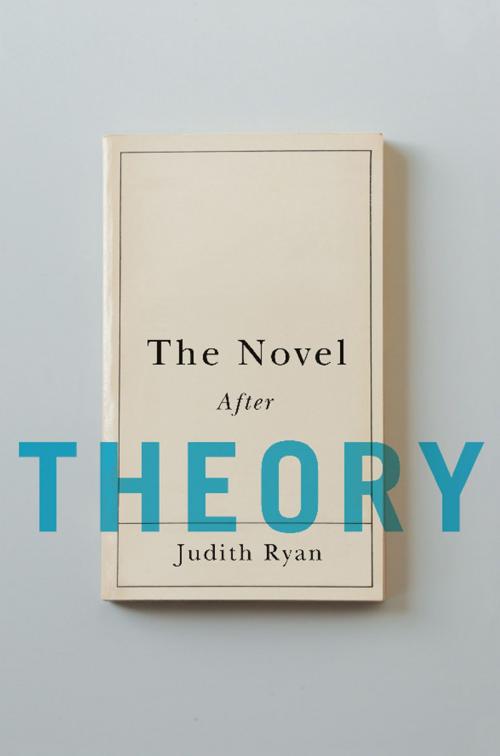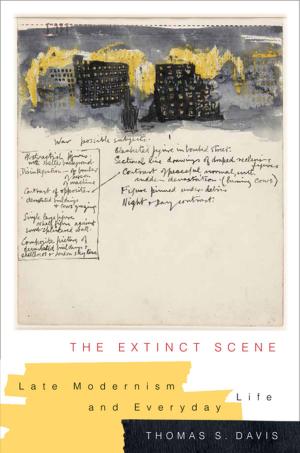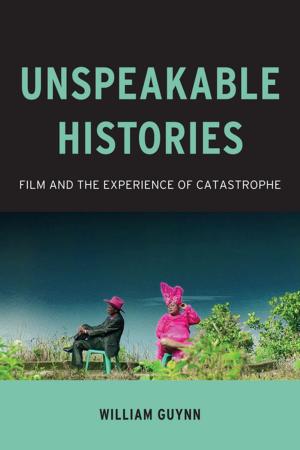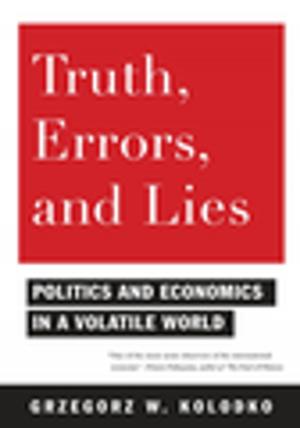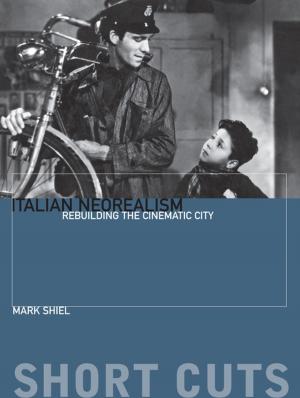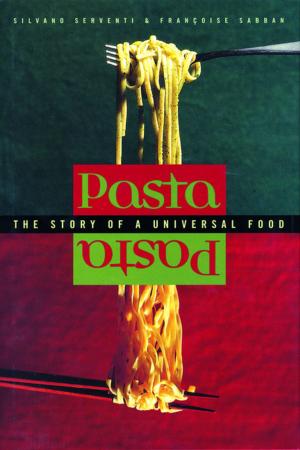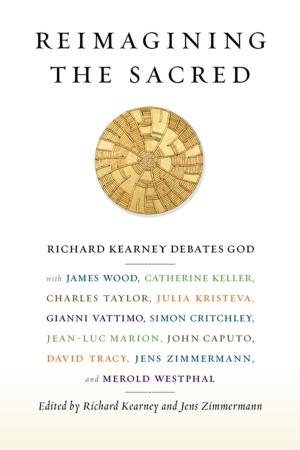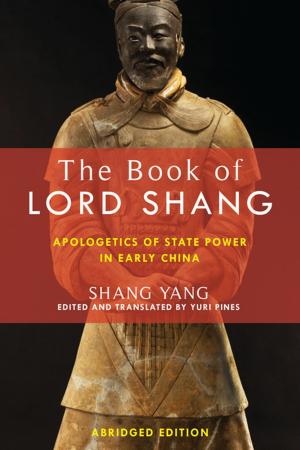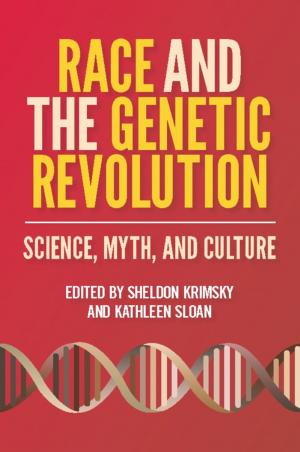The Novel After Theory
Fiction & Literature, Literary Theory & Criticism, European, Nonfiction, Social & Cultural Studies, Social Science| Author: | Judith Ryan | ISBN: | 9780231528160 |
| Publisher: | Columbia University Press | Publication: | December 13, 2011 |
| Imprint: | Columbia University Press | Language: | English |
| Author: | Judith Ryan |
| ISBN: | 9780231528160 |
| Publisher: | Columbia University Press |
| Publication: | December 13, 2011 |
| Imprint: | Columbia University Press |
| Language: | English |
Novels began to incorporate literary theory in unexpected ways in the late twentieth century. Through allusion, parody, or implicit critique, theory formed an additional strand in fiction that raised questions about the nature of authorship and the practice of writing. Studying this phenomenon provides fresh insight into the recent development of the novel and the persistence of modern theory beyond the period of its greatest success. In this book, Judith Ryan opens these questions to a range of readers, drawing them into debates over the value of theory.
Ryan investigates what prompted fiction writers to incorporate and respond to theory nearly thirty years ago. Designed for readers unfamiliar with the complexities of theory, Ryan's book introduces the discipline's major trends and controversies and notes the salient ideas of a carefully selected set of individual thinkers. Ryan follows novelists' adaptation to and engagement with arguments drawn from theory as they translate abstract ideas into language, structure, and fictional strategy. At the core of her book is a fascinating microstudy of French poststructuralism in its dialogue with narrative fiction.
Investigating theories of textuality, psychology, and society in the work of Don DeLillo, Thomas Pynchon, J. M. Coetzee, Margaret Atwood, W. G. Sebald, and Umberto Eco, as well as Monika Maron, Alain Robbe-Grillet, Marguerite Duras, Marilynne Robinson, David Foster Wallace, and Christa Wolf, Ryan identifies subtle negotiations between author and theory and the richness this dynamic adds to texts. Resetting the way we think and learn about literature, her book reads current literary theory while uniquely tracing its shaping of a genre.
Novels began to incorporate literary theory in unexpected ways in the late twentieth century. Through allusion, parody, or implicit critique, theory formed an additional strand in fiction that raised questions about the nature of authorship and the practice of writing. Studying this phenomenon provides fresh insight into the recent development of the novel and the persistence of modern theory beyond the period of its greatest success. In this book, Judith Ryan opens these questions to a range of readers, drawing them into debates over the value of theory.
Ryan investigates what prompted fiction writers to incorporate and respond to theory nearly thirty years ago. Designed for readers unfamiliar with the complexities of theory, Ryan's book introduces the discipline's major trends and controversies and notes the salient ideas of a carefully selected set of individual thinkers. Ryan follows novelists' adaptation to and engagement with arguments drawn from theory as they translate abstract ideas into language, structure, and fictional strategy. At the core of her book is a fascinating microstudy of French poststructuralism in its dialogue with narrative fiction.
Investigating theories of textuality, psychology, and society in the work of Don DeLillo, Thomas Pynchon, J. M. Coetzee, Margaret Atwood, W. G. Sebald, and Umberto Eco, as well as Monika Maron, Alain Robbe-Grillet, Marguerite Duras, Marilynne Robinson, David Foster Wallace, and Christa Wolf, Ryan identifies subtle negotiations between author and theory and the richness this dynamic adds to texts. Resetting the way we think and learn about literature, her book reads current literary theory while uniquely tracing its shaping of a genre.
